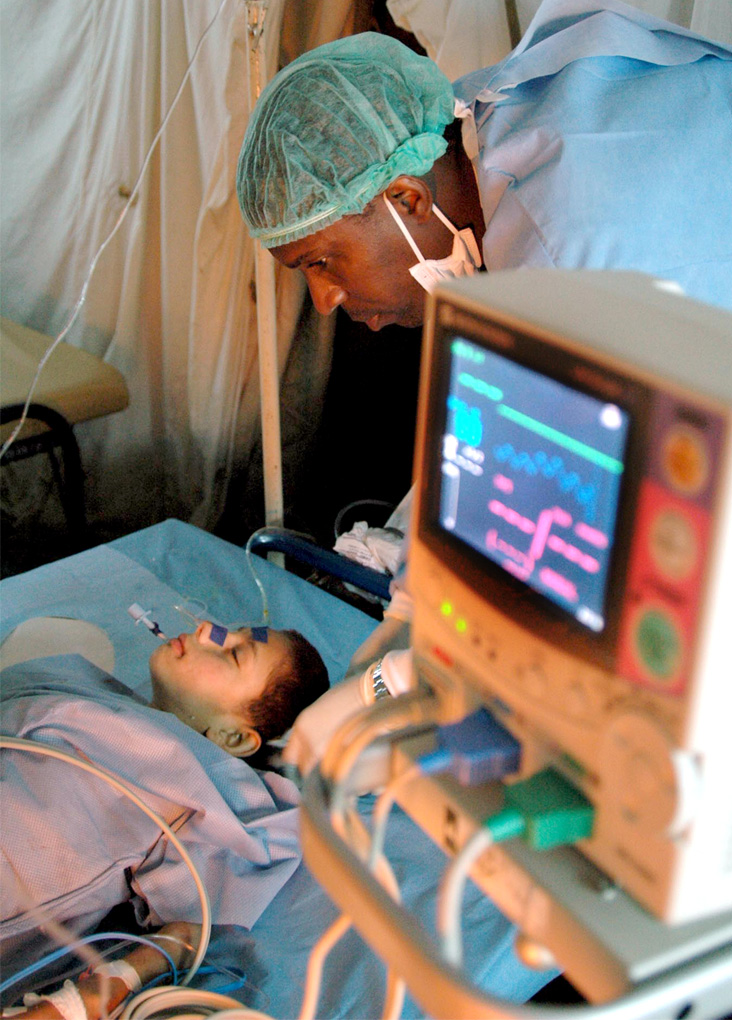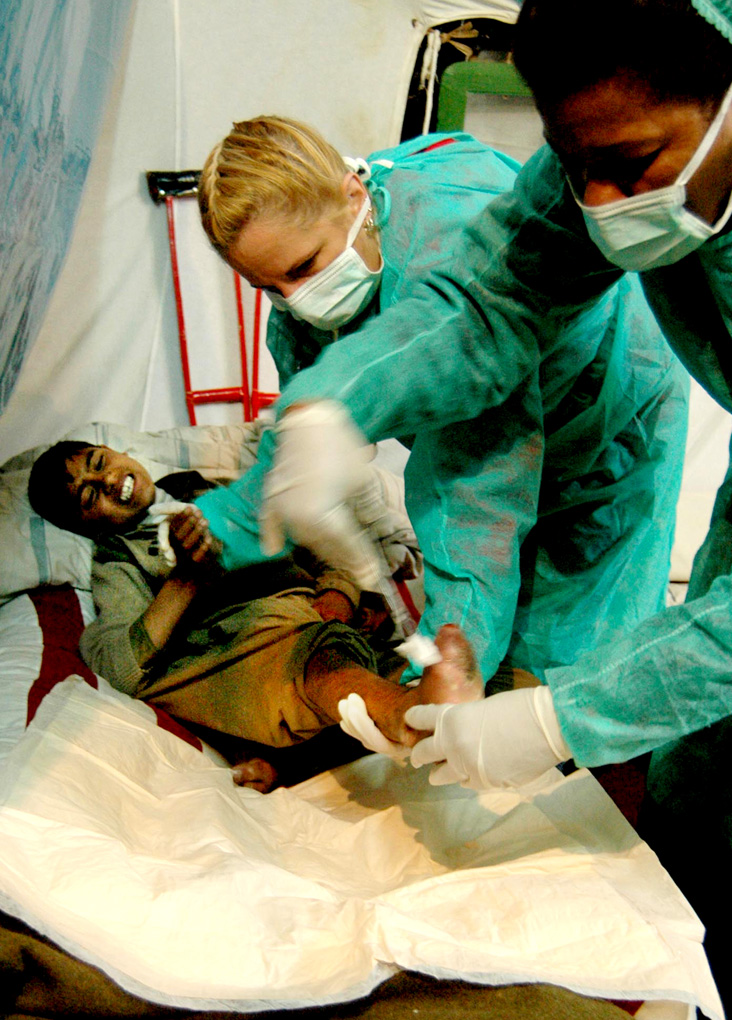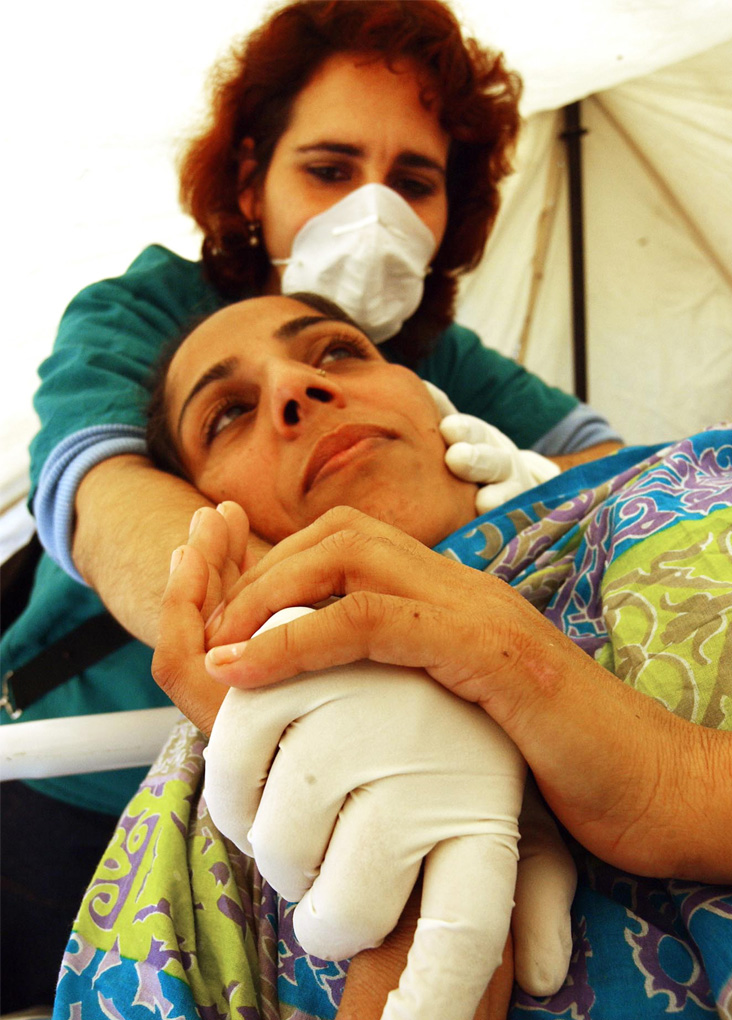UPEC: Juvenal Balán: The Henry Reeve Contingent in Pakistan
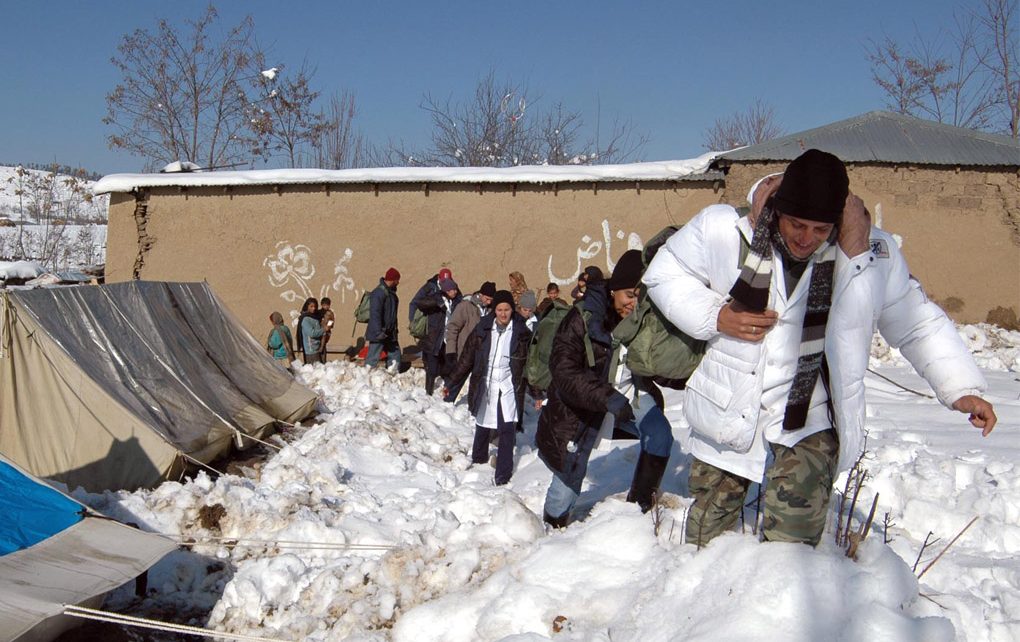 Juvenal Balaan: The Henry Reeve Contingent in PakistanIslamic Republic of Pakistan (South Asia), Saturday, October 8, 2005, 03:50:38 am, local time: From the fifth most populous country in the world (more than 212 million inhabitants) a terrifying news travels the world: The strongest earthquake ever recorded in the Asian region caused severe damage there, in northern India and in Afghanistan. The epicenter was located 80 km northeast of Islamabad and had a magnitude of 7.6 on the Richter scale. It swept dozens of towns. The death toll exceeded 86,000, while 106,000 people were injured and three million were left homeless. Many of the deceased were children. According to the UN a total of 4 million inhabitants were affected Havana, El Cerro, home of the renowned photographer of the Granma newspaper, Juvenal Balán , after midnight on Sunday, October 9, 2005: “the telephone bell bursts into the silence of the early morning to inform me that I must take a plane that leaves at five in the morning with a brigade of doctors who will help the Pakistani people. Without thinking, I ready the work equipment and a backpack with another change of clothes. This is how I am linked to the second mission, and the most important, of Henrry Reeve ”. The experienced photojournalist told Cuba journalists that that day “Fidel met in the Palace of the Revolution with the health personnel that would make up the brigade. As I learned later, he asked Chomi if they had already mobilized the journalists and the answer was yes. “Héctor Martínez and Jesús Oviedo,” Juvenal added, “from the TVC news services, and I from the Granma newspaper, we were the first special envoys who had the honor of sharing shoulder to shoulder with the women and men of this army in white coats. . Intense flight hours Of medium height, walking light, friendly and loved by his co-workers and his neighbors in the Infanta and Manglar Building, Juvenal Balán Neyra (Havana, Cuba, 1951) recalls that fateful day: “The flight was somewhat delayed in its departure. They incorporated a group of orthopedics from the Frank País hospital after a letter of request from the president of the Pakistani Orthopedic Association to Dr. Rodrigo Álvarez Cambra and approved by Fidel. “They were,” he adds, “intense hours of flight, with a stopover in Portugal, where we were received by our ambassador who had already guaranteed us all kinds of coats for the low temperatures that we were going to find at our destination, following an indication from Fidel, who once again he showed signs of being attentive to the last detail of the mission ”. Photo: Juvenal Balán. Photo: Juvenal Balán. Photo: Juvenal Balán. The versatile photographer says that “when we arrived in Islamabad, the capital of Pakistan, the airport was crowded and on several occasions our IL-62 wanted to hit the runway and was directed to redirect to other airports in other nearby cities. Through the skill and bravery of our pilots, the aluminum bird landing gear finally landed on the runway. When the gate was opened and the authorities in charge learned that we were Cubans and we were there to offer our solidarity help, they were amazed. Finally they put the stairs and our doctors lowered their backpack to their shoulders ”. Nothing else like a war scene That disaster that occurred at a time when most of the inhabitants of the affected areas were sleeping, promptly caused the “airport to be a whirlwind. Nothing else like a war scene. Planes of all kinds with material help. Military helicopters transporting seriously injured evacuated from the worst affected regions. On the side of a lawn were the olive green backpacks that identified our brigade. There was no immediate lack of an exploratory visit by two officers of the United States Army who were interested in knowing what we were doing in Pakistan and when they said goodbye they made the journalists the invitation for the next day if we accepted – which we did not do – to ride with them in their helicopter flights to affected areas. “With these first experiences we wrote the first informative note, which we transmitted by telephone to Havana from a low-rise hotel, where we spent the first night. The representatives of the Pakistani army who attended us led us there ”. More than 2,500 Cuban doctors
More than 2,500 Cuban doctors treated the victims for more than eight months. 32 field hospitals were set up, which were later handed over to the health authorities of that nation. More than 1.8 million patients were cured and 2,86 lives were saved. According to the British newspaper The Independent, the Cuban medical brigade was the first to arrive and the last to leave the country. “In those early days, the press team participated in the exploration carried out in the city of Balakot, which was completely devastated and after coordination with the military headquarters of the region, it was decided to locate the first field hospital, where our women and men slept for months on the ground protected by tents. Times later the cots and bunk beds appeared ”, Juvenal recalls. “There the high military chiefs – he added – commented with amazement and admiration, as the Cuban doctors, knapsacks on their shoulders, climbed mountains in search of victims of the earthquake who needed medical help.” Of the 86,000 deaths that occurred in the three countries affected by the earthquake, more than 18,000 corresponded to Pakistan, where the number of injured exceeded 41,000. “When I left Cuba, I thought the mission would last about a month and a half, but when we saw the scale and our solidarity began to increase, I came to the conviction that it was for a while. Photo: Juvenal Balán. Photo: Juvenal Balán. Photo: Juvenal Balán. Other colleagues join the press team He also recalled that later the press team from Cuba “increased with the incorporation of Cristóbal, the editor; Noel Otaño and Erick Yanes; the three of the TVC information services; as well as Alina M. Lotti Mena and Roberto Suárez, from Trabajadores and Juventud Rebelde, respectively, who made up the other written press team ”. A man forged in the heat of the internationalist solidarity of the Cuban people, Juvenal affirms that “before the Henry Reeve contingent was created, he had already seen our doctors work in theaters of war in the People’s Republic of Angola, as well as in the hills of Caracas, Venezuela. , in the Barrio Adentro Mission, in public, private and rural hospitals in South Africa, and in helping Tsunami victims in Sri Lanka and Indonesia. “By sharing days with these men and women, I reaffirm once again the human capital formed by our Revolution, its dedication and unconditional commitment to fulfilling this historic mission entrusted by Fidel,” he stressed. The violent earthquake lasted for approximately two minutes. Later, 147 aftershocks were registered on the first day, one of which reached a magnitude of 6.2 and was classified as a major earthquake. Some 28 of these aftershocks occurred with an intensity greater than 5 degrees of magnitude on the Richter scale and were recorded in the 36 hours after the initial earthquake. The number of wounded crowded hospitals and tents set up for medical purposes. On this matter, Juvenal recalls: “The field hospital located in Data was run by a woman, Barbarita, a surgeon from Holguin. Through the Himalayan mountains, some newborns in those years carried the names of the Cuban doctors who attended the birth and even that of Fidel. “Under the tents of these hospitals,” he said, “first-line medical equipment, including operating rooms.” Physiotherapists managed to eliminate the ailments. The majority of children came with a companion to the Hermanos Ameijeiras Clinical Surgical Hospital in Havana to receive their prostheses and return to their country. The unfortunate disaster originated in a compressive fault, with horizontal shortening, of the many that facilitate the uplift of the Himalayas by about 5 millimeters per year. The geotectonic context is that of the convergence between the Australoindic plate and the Eurasian plate at a speed of about 40 millimeters each year, which produced the collision of four hundred continental blocks, the Hindustani, detached from Africa, and the Eurasian. Collision orogens like this one are especially prone to earthquakes, and this is one of the most seismic regions on the planet. The moment of departure As that nightmare subsided, after several months, “the moment of departure arrived. The departure of our doctors and health personnel moistened many eyes and squeezed many hearts, emphasized our interviewee. “The last group, mostly made up of the brigade headquarters, journalists and other health professionals, landed at the José Martí International Airport, by terminal five and to everyone’s surprise, Commander in Chief Fidel Castro Ruz gave the welcome, which was extended to room three of the Convention Center, late at night. Fidel inquired, wanted to know, to be told about the experience they had. Juvenal affirms that “this mission, the largest undertaken by the Henry Reeve International Contingent, set guidelines in solidarity and demonstrated that our army in white coats achieved the victory of life over death and even to this day Cuban doctors continue to materialize Fidel’s legacy ”. I think of Fidel, who had the illustrious idea of creating this contingent At a time when many countries in the world demand the solidary and altruistic help of Cuba, the renowned photojournalist said: “These days the 15th anniversary of the founding of the Henry Reeve International Contingent of Specialized Doctors in Situations of Disasters and Serious Epidemics has been remembered. , which bears that name precisely because the war of 1868 also had an internationalist character and involved Henry Reeve, whom the Mambises called ´El Inglesito´, a young American born in Brooklyn, New York, who volunteered to fight for the independence from Cuba, reaching the rank of Brigadier and fought under the orders of General Ignacio Agramonte and after his death was subordinated to Máximo Gómez. After seven years of hard fight for the freedom of our country, he fell in combat in 1876, at the age of 26 ” Finally he asserted: “I am thinking of Fidel, who had the illustrious idea of creating this contingent. First, he met with its members in the plenary hall of the Convention Center and later in the massive act held in the Sports City for the graduation of Medical Sciences, where the Commander in Chief announced the creation of this noble army and its main mission. On that occasion, the coliseum was filled with white robes and olive green backpacks ”.
|


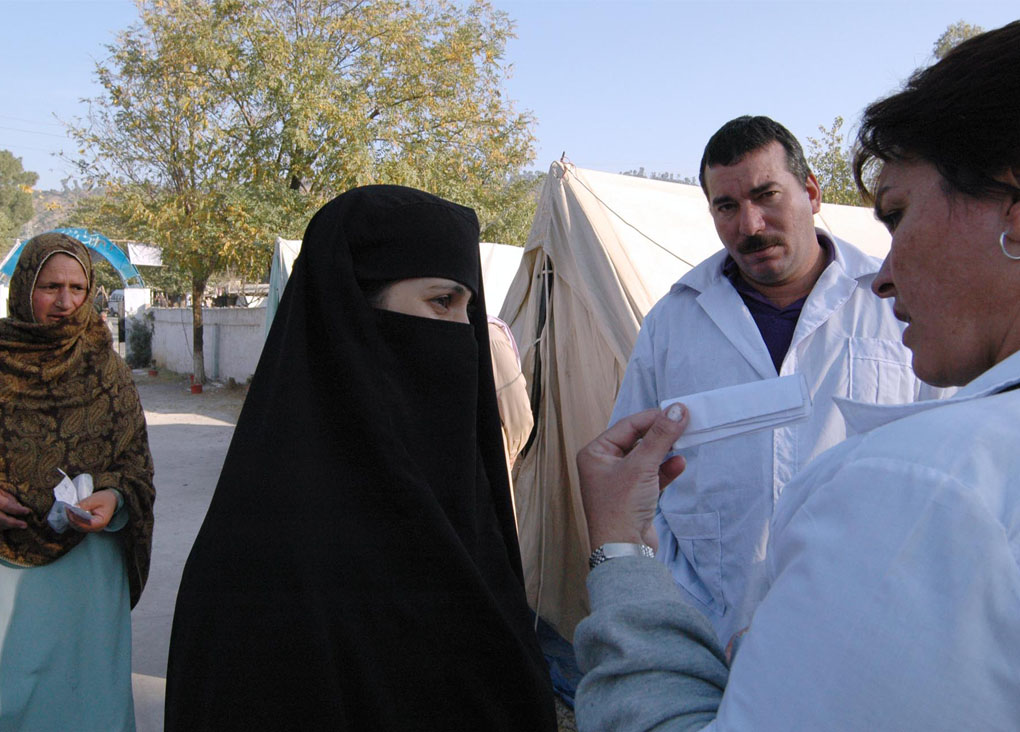
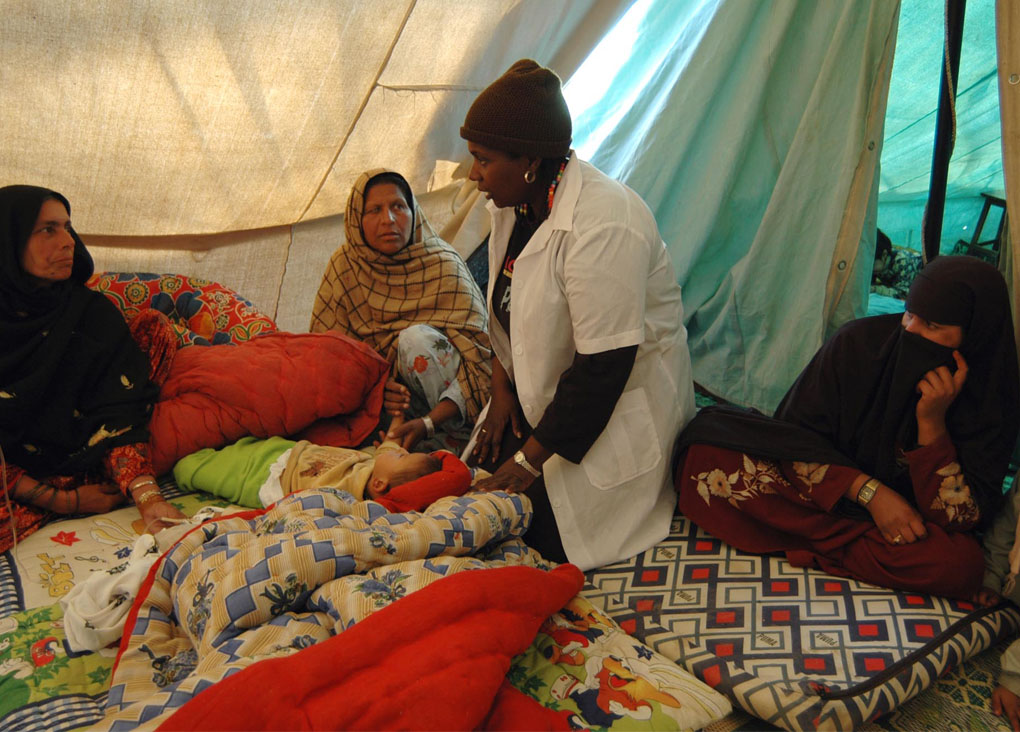
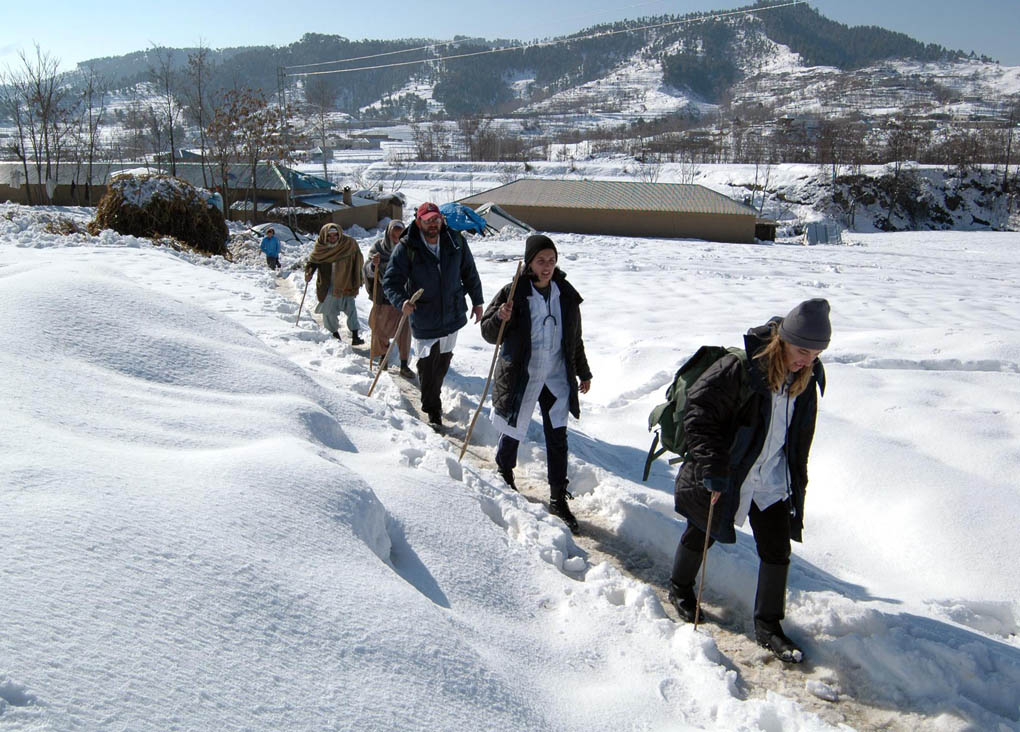
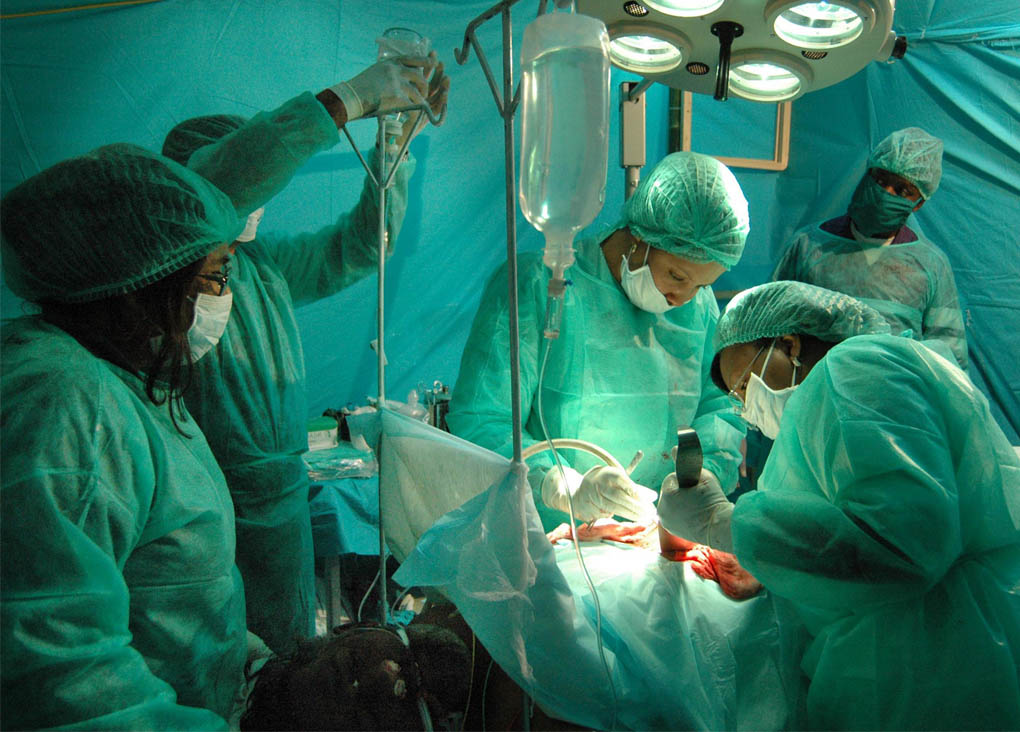 Photo: Juvenal Balán.Rawalpindi is a city in the Pakistani province of Punjab. It was the main city of the country between 1959 and 1967, during the construction of the current capital. Towards that city of almost 2.5 million inhabitants, “the first surgeons and orthopedists were transferred, who were inserted in the military hospitals where evacuated seriously injured were treated. The city is one of the main industrial and military centers of the country. It houses the headquarters of the Pakistani Armed Forces headquarters.
Photo: Juvenal Balán.Rawalpindi is a city in the Pakistani province of Punjab. It was the main city of the country between 1959 and 1967, during the construction of the current capital. Towards that city of almost 2.5 million inhabitants, “the first surgeons and orthopedists were transferred, who were inserted in the military hospitals where evacuated seriously injured were treated. The city is one of the main industrial and military centers of the country. It houses the headquarters of the Pakistani Armed Forces headquarters.